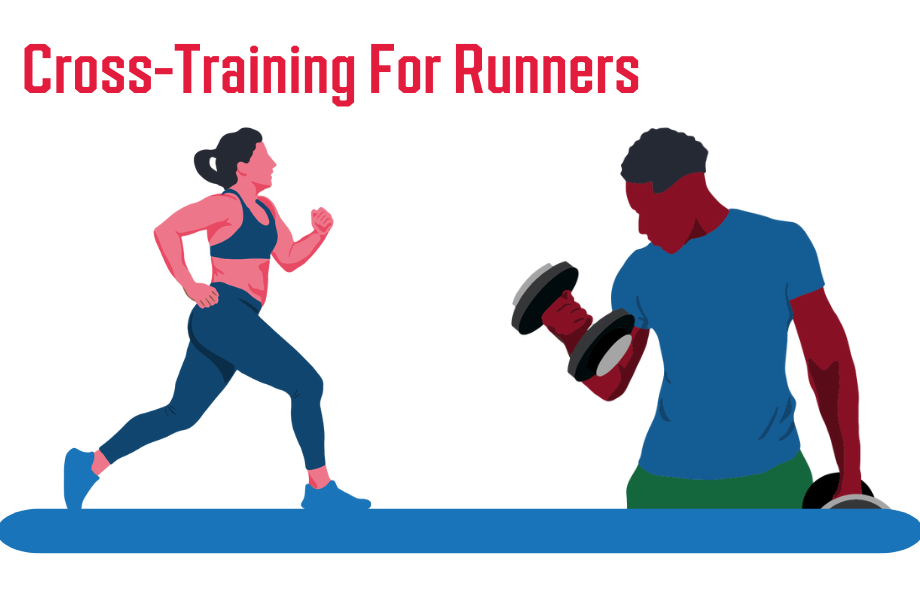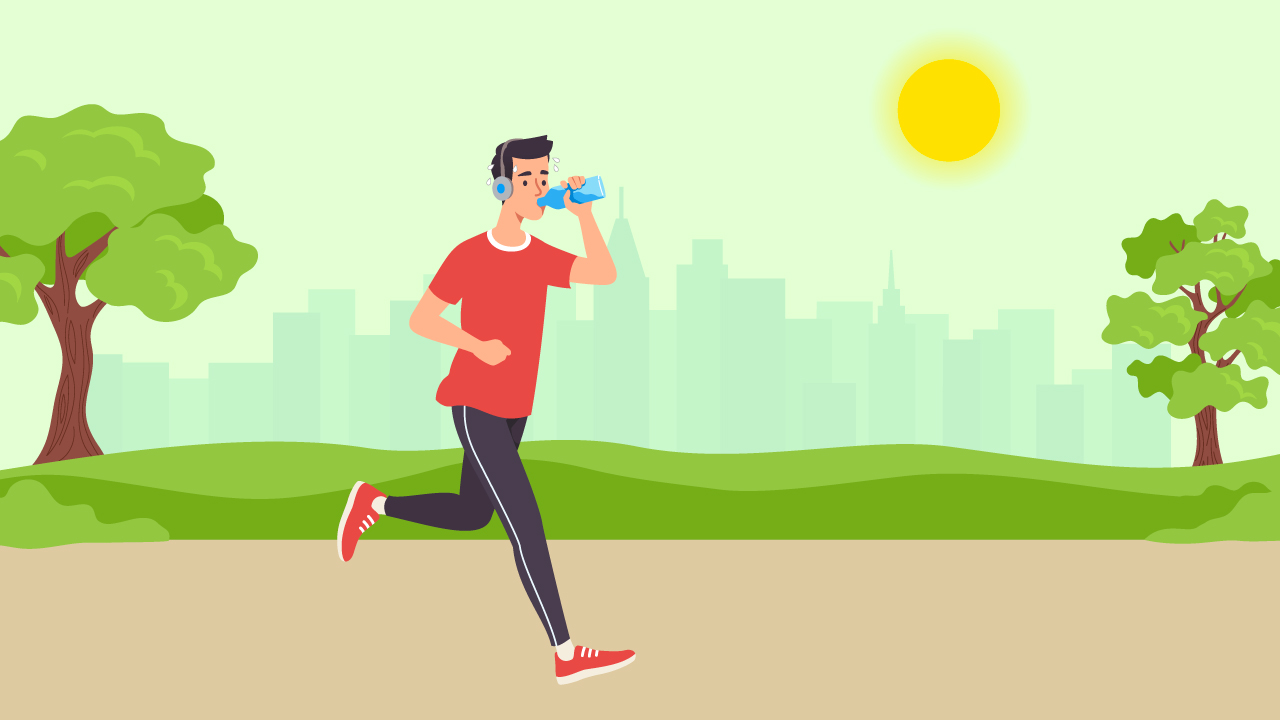
Diarrhea: Symptoms, Causes, and Treatment

Diarrhea is a digestive disorder that can render you helpless with discomfort that may be embarrassing as well. It’s a fairly common disorder and most people experience it at least once in their lifetime.
After the body processes food and fluids, nutrients are absorbed and the residual waste transits through the digestive system to be expelled out as stools. Diarrhea is a condition, which causes frequent and watery bowel movements or stools. Usually, the condition gets resolved within a few days.
When diarrhea lasts from one day to two weeks, it is called acute diarrhea. Mostly caused due to infections, it is a leading cause of death in children in developing countries. When diarrhea lasts for more than two weeks, it usually indicates problems other than common bacterial or viral infections.
If diarrhea lasts for two to four weeks, it is called persistent diarrhea; if it lasts for four or more weeks, it’s referred to as chronic diarrhea. Both persistent and chronic diarrhea are usually caused by parasites, impaired absorption mechanism of the intestine, severe infections due to highly reduced immune response, certain cancers, and diseases of the colon. Chronic diarrhea is a condition where symptoms may be intermittent or continuous, depending upon the cause.
Runner’s diarrhea
Gastrointestinal troubles are common in several sports, especially in endurance sports such as long-distance running. Runner’s diarrhea or runner’s trots presents as frequent, loose bowel movements either during a run or right after a run. Although the cause is unclear, factors like reduced blood flow to the intestines, changes in hormone secretion, physical movements of the organs, eating something unfamiliar or overeating some foods, and stress and anxiety before a race have been attributed to it.
Symptoms of diarrhea
The classic symptom of diarrhea is the passing of frequent and loose stools more than thrice a day. Other signs include:
- Abdominal pain or cramps
- Urgent need to empty the bowel
- Bowel incontinence (loss of bowel control)
- Dehydration
- Bloating
- Nausea
- Blood and/or mucus in the stools
- Fever and chills
What causes diarrhea?
Some causes of diarrhea include:
1. Infections
Several viruses can cause diarrhea. Rotavirus is said to be a common cause of diarrhea in children. Viruses that cause flu, viral hepatitis, Norwalk virus, and cytomegalovirus along with coronavirus associated with COVID-19 may also present as diarrheal illness.
Bacterial and parasitic infections, usually transmitted through contaminated water, dirty hands, flies, foods, and infected items like cutlery, towels, and taps are common causes. When diarrhea results from eating contaminated food or drinking contaminated water, it is called traveler’s diarrhea.
2. Diet
Several foods that are not digested well by the body may also cause diarrhea. These items include:
A. Sugar
Sugar-rich foods lead to excess intake of water into the intestine, which results in loose stools. Sugar like fructose, which is naturally present in fruits and honey, and used as an artificial sweetener in beverages is one such agent. Other artificial sweeteners like high-fructose corn syrup (HFCS), sorbitol, and mannitol, when consumed adequately, can cause diarrhea.
B. Lactose
Lactose is a sugar that is found in milk and some milk products. Some people cannot properly digest lactose due to the low production of lactase enzymes in their intestines, a condition termed as lactose intolerance. Such people may get diarrhea along with other abdominal symptoms if they consume lactose-based products.
C. Gluten
Gluten is a protein found naturally in grains such as wheat, rye, and barley. Gluten intolerance or celiac disease can cause difficulty in digesting gluten, resulting in diarrhea.
D. Caffeine
Caffeine intake is usually associated with an instant energy boost, alertness, and sleeplessness. However, it also has a lesser-known laxative effect, acting as a stimulant that results in an increased rate of food movement through the gut. Excessive consumption of caffeine can lead to diarrhea. Caffeine also has diuretic properties, ie, it can cause an increase in urine output.
E. Others
Other food ingredients, which may cause diarrhea include spicy foods, fried/fatty foods, and alcohol.
3. Medication
Certain medications like magnesium-containing antacids and cancer drugs can cause loose stools. Antibiotics can lead to alterations in the gut microflora, resulting in diarrhea.
4. Other diseases
Other conditions affecting the gastrointestinal tract, such as Crohn’s disease and Irritable Bowel Syndrome (IBS), can also cause diarrhea.
When should you seek medical assistance?
Generally, diarrhea goes away on its own. However, it is suggested to get medical help if:
- Diarrhea does not clear up on its own within two days
- Signs of dehydration, such as excess thirst, dry mouth, decreased urination, dark-colored urine, weakness, and dizziness
- There is severe pain or cramps in the abdomen
- There is a high-grade fever
- Stools appear tar-like and black
- Stools contain pus or blood
If the diarrhea is persistent, it may be a sign of a more serious condition.
Steps to help manage diarrhea
1. If diarrhea is caused due to some food or liquids, it is important to identify the triggers and avoid them. Use a food journal to track your food intake.
2. Avoid dairy foods (except curd) with high fructose content, high-fat content, spicy foods, and foods and drinks high in sugar along with alcohol and caffeine.
3. Include high-starch and easily digestible foods in your diet. Eating foods like boiled potatoes, cooked carrots, and plain rice may help. Moreover, the BRAT diet, which includes bananas, rice, applesauce, and toast, is recommended for diarrhea.
4. Dehydration is a common symptom of diarrhea. Drinking plenty of water and fluids that contain potassium, sodium, and chloride may be beneficial. The best option for optimal rehydration is Oral Rehydration Solution (ORS). You may buy this from a medical store or make it at home by adding one tablespoon of sugar and two pinches of salt to one glass (200ml) of water. Adding a few drops of lime increases the vitamin C and potassium content of ORS and adds to the benefits of consuming it. Coconut water is also a preferred solution for dehydration. In addition to ORS, children can be given rice gruel and rice water.
5. In the presence of an underlying cause such as lactose or gluten intolerance or celiac disease, alterations in your regular diet may be suggested.
6. If you are a long-distance runner and experience runner’s diarrhea, consult a professional to chart out an appropriate diet based on your individual health and fitness levels.
7. Unless you are lactose intolerant, consider including foods like low-sugar yogurt, buttermilk, and kefir in your regular diet once the diarrheal episode is over. The healthy bacteria that may have been flushed out of the body through diarrhea can be replaced through yogurt and kefir, which are fermented and contain probiotics.
8. Antibiotics may be required in case of bacterial diarrhea. Persistent and chronic diarrhea warrant investigations and treatment after the causative factor has been found.
It is normal to experience a loss of appetite for a while. You can gradually resume your usual diet.
Can diarrhea be prevented?
Here are a few preventive measures for diarrhea:
1. Avoid food and drinks that trigger this condition.
2. Practice good hygiene like washing your hands thoroughly for 20 seconds with soap and water; it is advisable to wash your hands after coughing, sneezing, blowing your nose, handling uncooked meat, using the toilet, changing diapers. Also, make it a point to wash your hands before and after preparing food. Alternatively, you may use a hand sanitizer with at least 60% alcohol to maintain hygiene.
Also read: Washing Hands: When and How to Do It Right
3. Eat well-cooked foods and avoid raw or unwashed fruits and vegetables if your surroundings have poor hygiene and inadequate sanitation.
Also read: Common Diseases Caused by Poor Hygiene
4. Research and check for any health warnings while traveling overseas. Be careful about the foods and drinks you consume.
5. Refrain from drinking tap water, as it may be unsafe for consumption in a lot of places around the world. So, avoid ingesting the tap water in any form. For instance, use bottled water for drinking and brushing your teeth and prepare coffee using boiled or bottled water.
6. Ensure that children are vaccinated against rotavirus as it can cause severe diarrhea in them. Do this after consulting a qualified pediatrician.
Diarrhea may be detrimental to your health if you do not seek help after frequent bouts. Usually, simple steps like following healthy eating habits and good hygiene, and knowing what foods sit well with your body, are enough.
References
1. National Institutes of Diabetes and Digestive and Kidney Diseases. What I need to know about diarrhea. Bethesda, MD: National Digestive Diseases Information Clearinghouse, 2011.
2. Diarrhea. MedlinePlus. https://medlineplus.gov/diarrhea.html (accessed Feb 7, 2021).
3. Diarrhea. Mayo Clinic. https://www.mayoclinic.org/diseases-conditions/diarrhea/symptoms-causes/syc-20352241 (accessed Feb 7, 2021).
4. Harvard Health. Is something in your diet causing diarrhea? 2019; published online Dec 15. https://www.health.harvard.edu/digestive-health/is-something-in-your-diet-causing-diarrhea (accessed Feb 7, 2021).
5. Haller E. Energy Drinks, Caffeine and Your Digestion. Michigan Health. 2020; published online May 21. https://healthblog.uofmhealth.org/wellness-prevention/energy-drinks-caffeine-and-your-digestion (accessed Feb 7, 2021).
6. National Institute of Diabetes and Digestive and Kidney Diseases. Eating, Diet, & Nutrition for Diarrhea. 2016; https://www.niddk.nih.gov/health-information/digestive-diseases/diarrhea/eating-diet-nutrition (accessed Feb 7, 2021).
7. Morris SK, Awasthi S, Khera A, et al. Rotavirus mortality in India: estimates based on a nationally representative survey of diarrhoeal deaths. Bulletin of the World Health Organization. 2012; https://www.who.int/bulletin/volumes/90/10/12-101873/en/ (accessed Feb 7, 2021).
8. Laskowski ER. Diarrhea: How can I prevent it? Mayo Clinic. https://www.mayoclinic.org/runners-diarrhea/expert-answers/faq-20058107 (accessed Feb 7, 2021).
9. Cleveland Clinic. Mom’s Advice Is Still the Best for Treating Diarrhea. https://health.clevelandclinic.org/moms-advice-is-still-the-best-for-treating-diarrhea/ (accessed Feb 7, 2021).
10. National Health Portal. Diarrhea. 2015; published online Sep 29. https://www.nhp.gov.in/disease/digestive/intestines/diarrhoea (accessed Feb 7, 2021).
11. Diarrheal Diseases – Acute and Chronic. American College of Gastroenterology. https://gi.org/topics/diarrhea-acute-and-chronic/ (accessed Mar 29, 2021).













